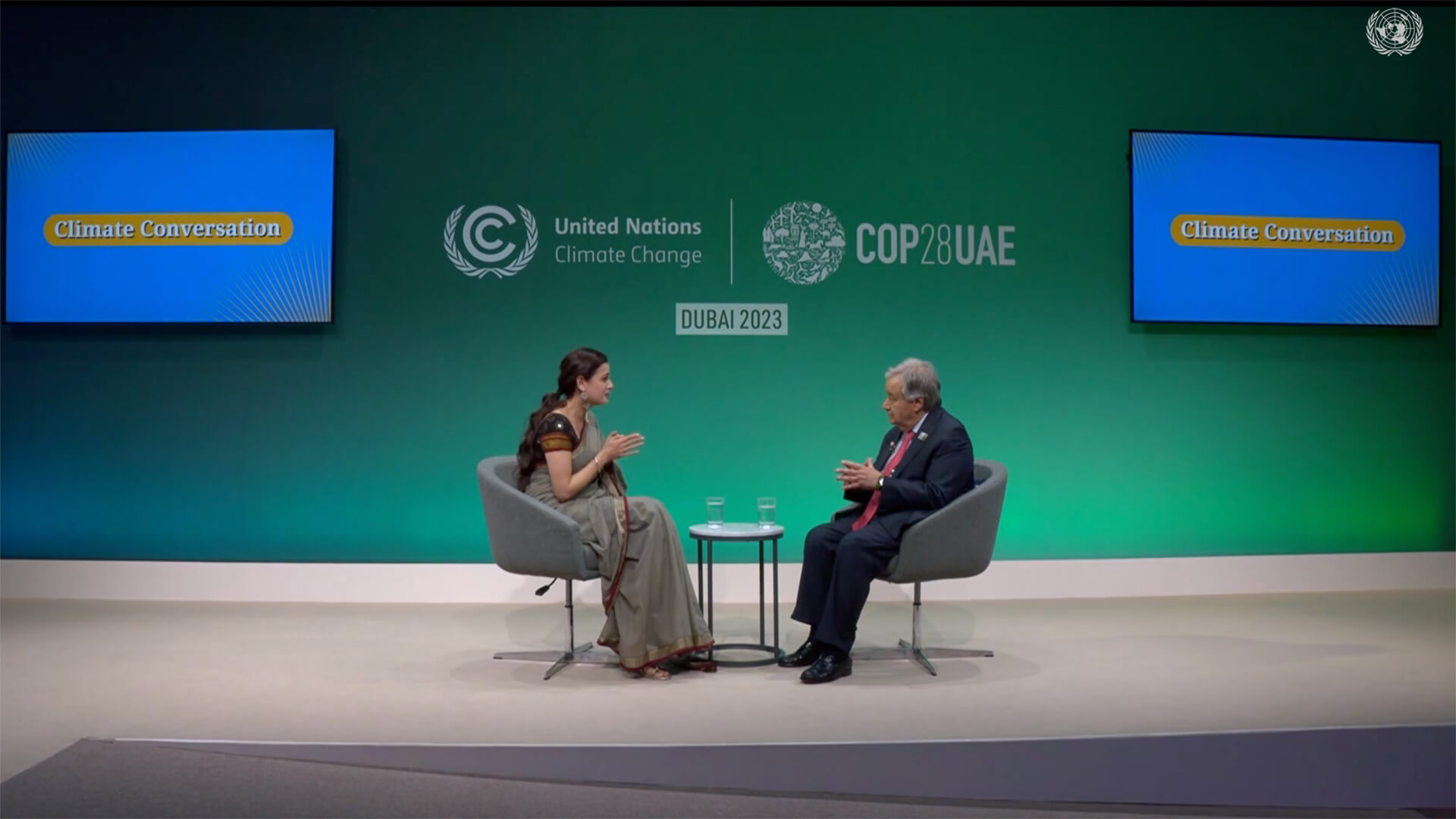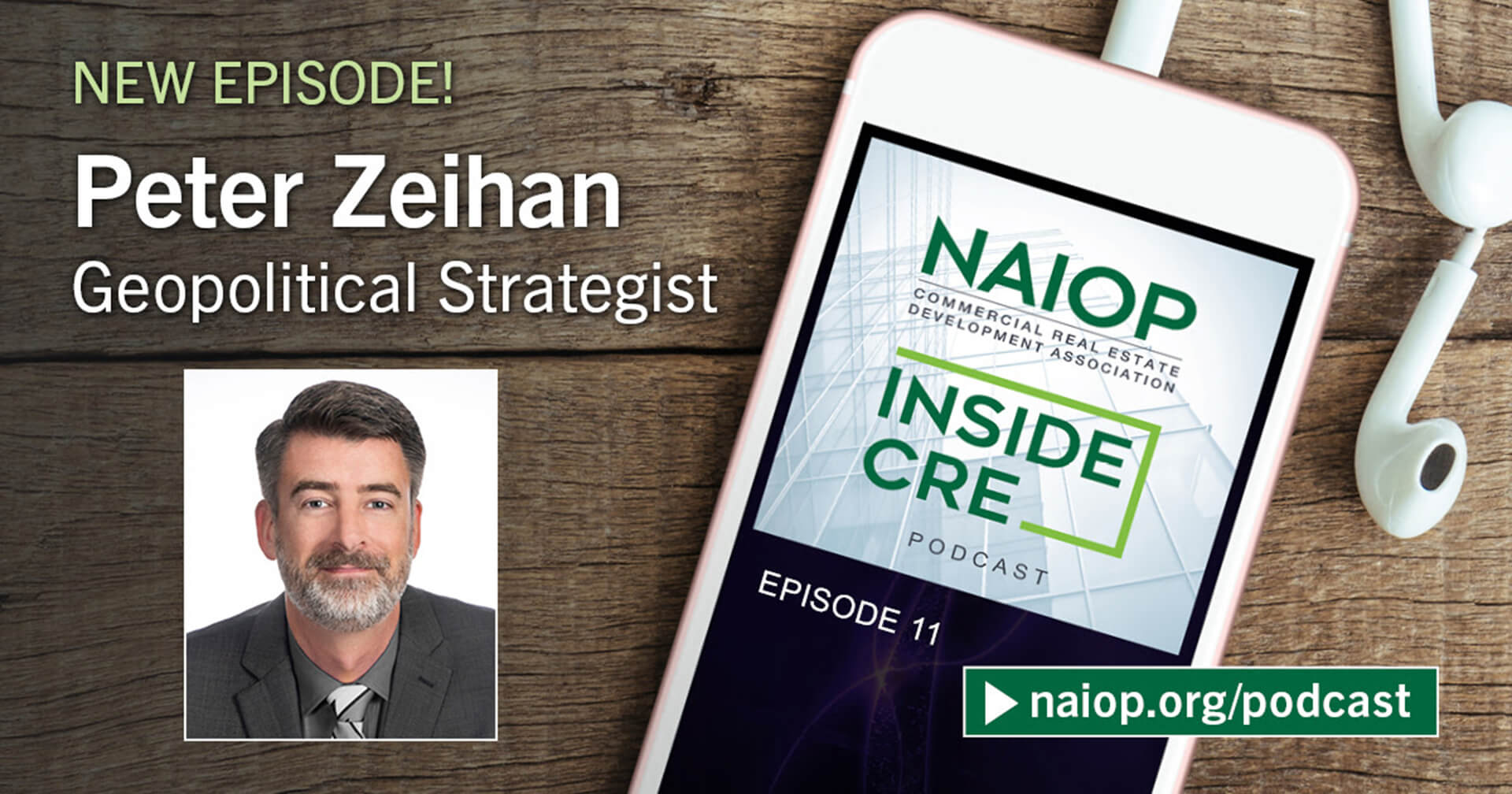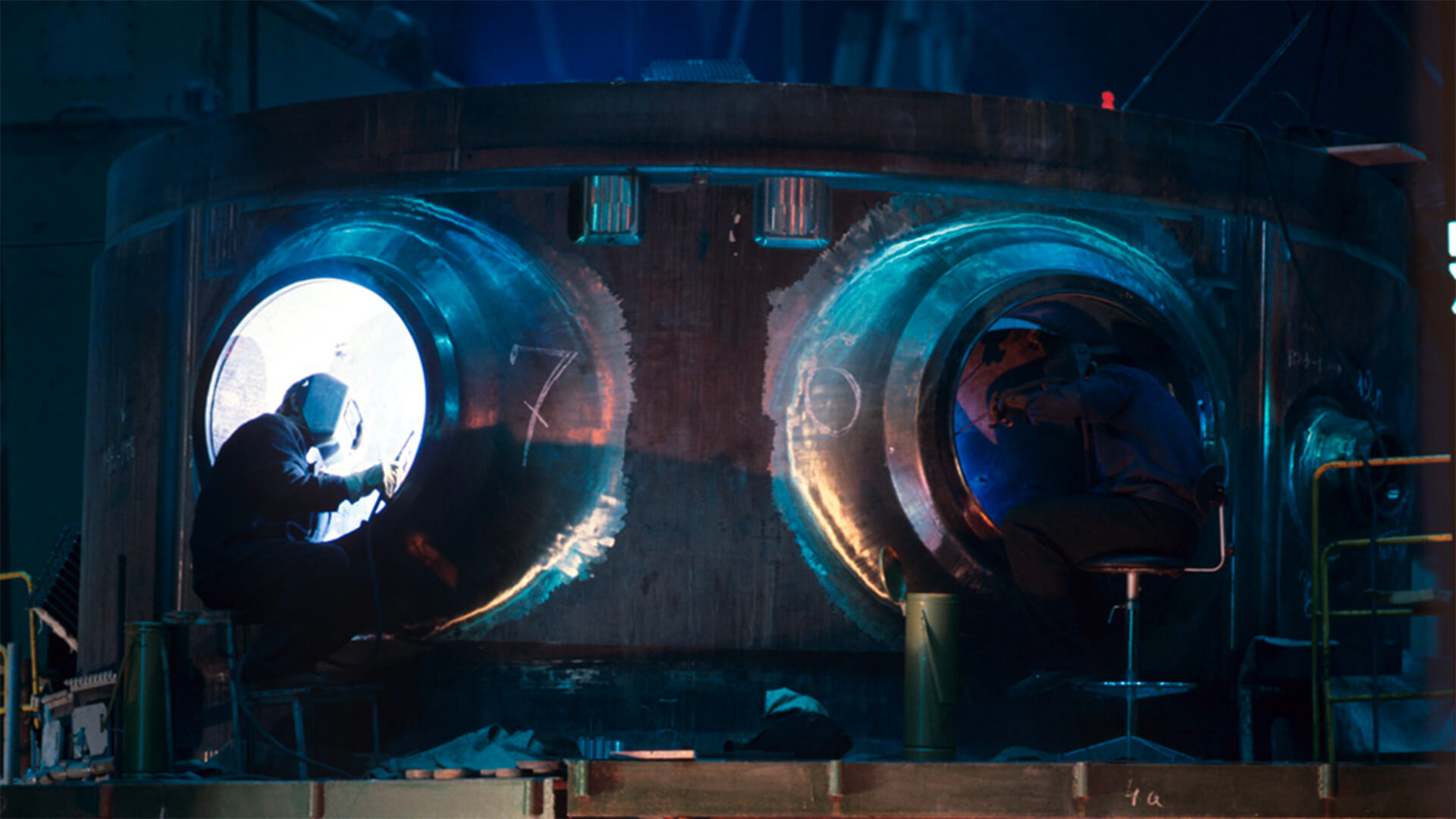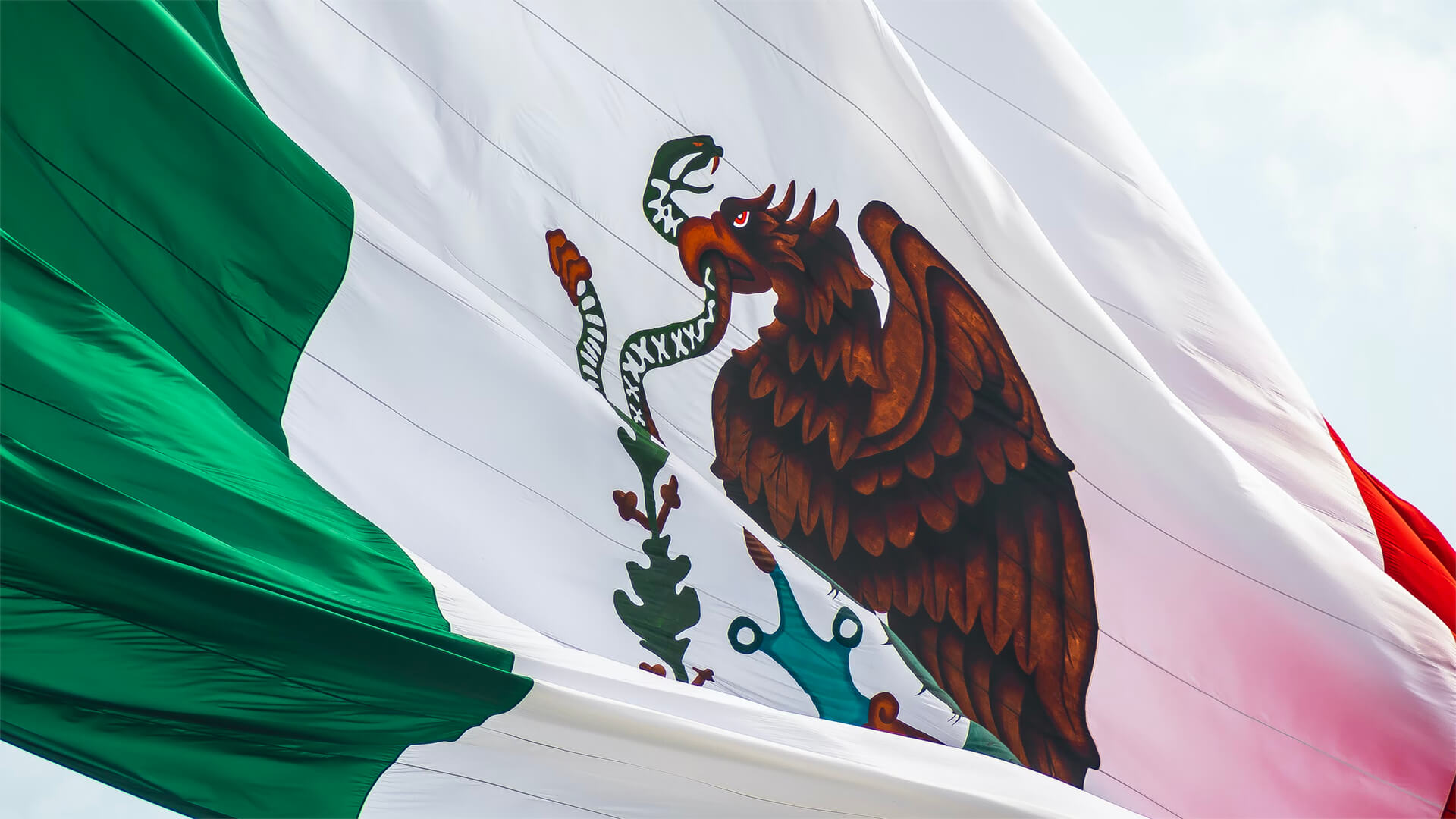The Google-backed company, Fervo Energy, has launched two geothermal projects that use preexisting shale technology and infrastructure to generate electricity. Could this be a partial solution to the looming electricity shortage?
The pilot project in Vegas is too small for me to place any bets, but the next project in Utah aims to be on par with other large power plants. This technology allows us to tap into the Earth’s crust, detect and access hot zones where they might not typically be found, and develop a reliable and dispatchable energy source.
Again, don’t go counting those chickens until we hear back on whether this project was a success or not. In the meantime, we’ll appreciate this technology as a refreshing solution in light of a rather hefty need for power supply expansion.
Here at Zeihan On Geopolitics we select a single charity to sponsor. We have two criteria:
First, we look across the world and use our skill sets to identify where the needs are most acute. Second, we look for an institution with preexisting networks for both materials gathering and aid distribution. That way we know every cent of our donation is not simply going directly to where help is needed most, but our donations serve as a force multiplier for a system already in existence. Then we give what we can.
Today, our chosen charity is a group called Medshare, which provides emergency medical services to communities in need, with a very heavy emphasis on locations facing acute crises. Medshare operates right in the thick of it. Until future notice, every cent we earn from every book we sell in every format through every retailer is going to Medshare’s Ukraine fund.
And then there’s you.
Our newsletters and videologues are not only free, they will always be free. We also will never share your contact information with anyone. All we ask is that if you find one of our releases in any way useful, that you make a donation to Medshare. Over one third of Ukraine’s pre-war population has either been forced from their homes, kidnapped and shipped to Russia, or is trying to survive in occupied lands. This is our way to help who we can. Please, join us.
TranscripT
Hey, everybody. Peter Zeihan here. Coming to you from the Denver International Airport, where I am waiting for my flight. It’s my last business trip of the year, so it’s kind of exciting. Anyway, it’s early December, and the news is that in late November, a new project for geothermal launched near Vegas. And by launch I mean began operations. And I’m just starting drilling.
It’s Furbo energy. It’s backed by Google. We don’t have any data on what their cost point is because, you know, it’s Google and as a pilot project. But Google has been sufficiently excited about it to go ahead and launch another project in Utah. The one that’s in Vegas is only about three and a half megawatts, enough for about 2600 homes.
So very, very small scale by really any power plant standard. But the next one is going to be 400 megawatts, which puts it up there with some of the larger power plants in the world, assuming that it is spec, geothermal is awesome where it works because you can tap heat within the crust to generate steam and use the steam to generate electricity.
It’s green. It doesn’t have any chemical issues. And one of the best things about geothermal is you can use it either for surge or for baseload. You just decide when you’re going to use it, which makes it a lot more reliable and dispatchable than, say, solar or wind would be. Because, you know, the earth is pretty much always hot.
That’s part one. Part two, what makes this interesting is that it’s not a typical geothermal project. So normally with geothermal, you’re tapping something like a geyser or hot water worth a hot spot that’s relatively close to the surface, usually within just a few hundred feet. But this is the first project that’s been attempted in so far successfully that uses shale tech to go after a different sort of geology.
So rather than letting the earth put something that’s up close to the surface that only happens in a few places, it’s almost exclusively in the Rockies. And as you guys know, the Rockies are not exactly densely populated. So geothermal with the old style is only providing about 0.4% of overall American electricity supply. But with the shale tech, you can drill down, in this case, 7000 feet into a hot spot that is nowhere near the surface.
And that means assuming this works and works at scale, that means we can do this everywhere where there’s shale, where there’s not geologic activity. You’re not going to do this in the San Andreas Fault, obviously. Let me do a better job of explaining that the two things that make shale technology really appropriate for geothermal and you know why it works in general is, number one, you’ve got really good acoustical detection by using some version of sonar and you can bounce sound waves off of different types of formations at different levels within the formation and map them out from the inside out.
That’s how they know exactly where to go to the petroleum rich strata when they’re doing oil and gas production. And then second, drilling has advanced in courtesy of shale. So you go down and then laterally in order to access whatever the specific layer is that you don’t have in a straight line. So it’s like you can go up into like the fingers of a curved hand.
So you apply this to geothermal and really what you’re looking for impermeable zones that are really, really hot, and you can pick that up with the acoustics. So by taking these technologies, you can go to the best, densest, hottest material possible in order to then run your liquid into it, which it then captures the heat, which can then be used to generate electricity that is potentially a game changer.
One of the big problems the United States is going to be facing over the course of the next decade is a massive, massive shortage in electricity. Even if we don’t do the green transition, even if all we do is reshore a lot of manufacturing to deal with a post China world, you’re talking about conservatively expanding the power supply by 40%.
50% would make me feel a lot better. That includes processing for things like aluminum and lithium and the rest. You know, that’s a lot of power. We haven’t had that kind of power in decades. The green transition would have problems on top of that. And so if we can take something like geothermal and existing technologies that are now off the shelf and apply them at scale in all 50 states, now you’re talking about a very different sort of math, because these things can, in theory, come online pretty quickly.
And so those of you who follow the shale sector know it only takes 6 to 12 weeks to bring a shale project online. And most of that is involved in the drilling and the fracking. Oh, that’s exactly the technology we would be applying to geothermal. So obviously it’s not a complete plug and play. Electricity is different from generating oil or gas, but the the technology and the ways that confusion are very promising.
We’re just waiting from Google to find out what the numbers are, to know if this is economically viable or not. And that’s the whole point of the Utah project. Okay. That’s it. Take care.











